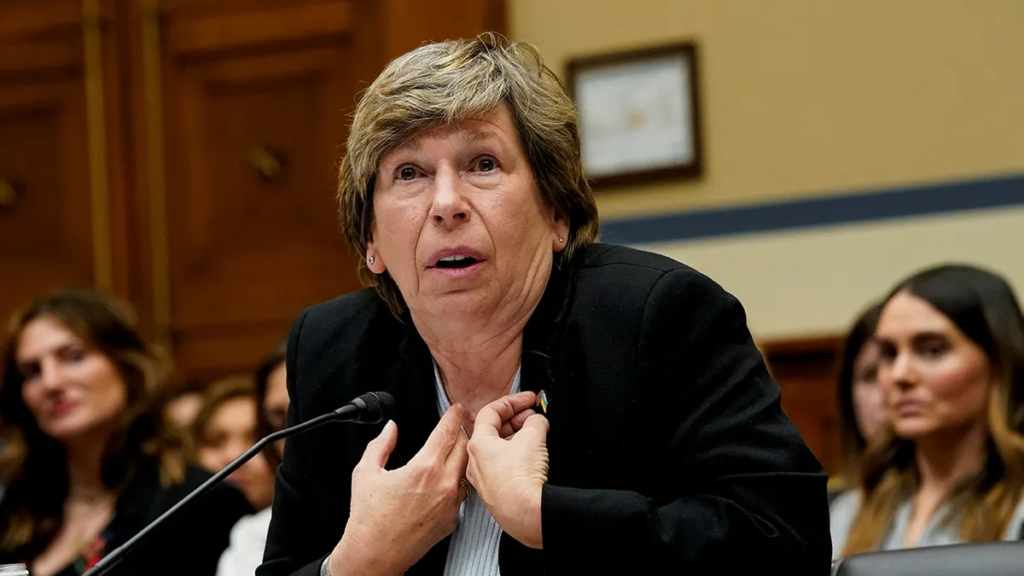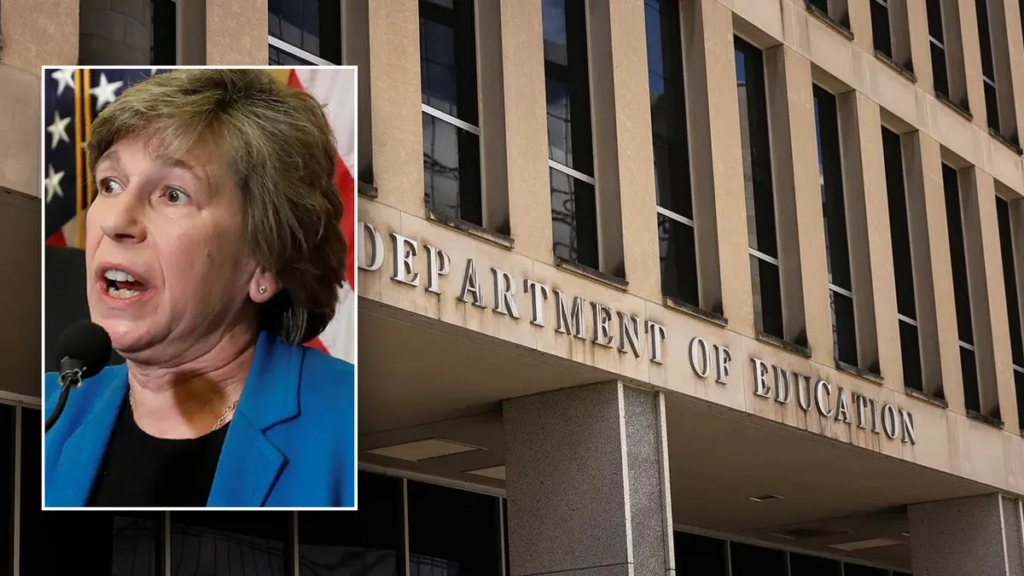Randi Weingarten is a prominent figure in American education and labor leadership. As the president of the American Federation of Teachers (AFT) since 2008, she has been at the forefront of advocating for educators, students, and public education. Her career spans decades of dedication to improving the lives of teachers and ensuring equitable access to quality education for all. Weingarten’s journey from a young advocate to a national leader is a testament to her resilience, vision, and commitment to social justice.
Early Life and Education
Randi Weingarten was born on December 18, 1957, in New York City, to Gabriel and Edith Weingarten. Her father was an electrical engineer, and her mother was a teacher, which influenced her early interest in education and labor rights. Growing up in Rockland County, New York, Randi Weingarten attended Clarkstown High School North, where she demonstrated leadership skills and a passion for advocacy.
Two pivotal events during her teenage years shaped her interest in unions and political activism. First, her mother’s union went on a seven-week strike, which exposed her to the challenges and importance of collective bargaining. Second, she led a student initiative to survey the impact of budget cuts on her school, successfully persuading the school board to reverse its decision. These experiences laid the foundation for her future career in labor and education.
Randi Weingarten pursued higher education at Cornell University, earning a Bachelor of Science degree in labor relations in 1980. She continued her studies at Yeshiva University’s Cardozo School of Law, where she earned her Juris Doctor degree in 1983.
Legal Career and Early Advocacy

After completing her law degree, Randi Weingarten began her career as a lawyer at Stroock & Stroock & Lavan, where she handled arbitration cases for the United Federation of Teachers (UFT). Her work involved representing teachers in disputes and advocating for better working conditions. She also served as an adjunct instructor at Cardozo School of Law, sharing her expertise with aspiring lawyers.
In 1986, Weingarten became counsel to Sandra Feldman, then-president of the UFT. She played a key role in high-level grievances and lawsuits against New York City and the state of New York, focusing on issues such as school funding and safety. By the early 1990s, she had become the union’s primary negotiator in contract negotiations, showcasing her skills in diplomacy and advocacy.
Teaching Career
From 1991 to 1997, Randi Weingarten taught at Clara Barton High School in Brooklyn, New York. She taught courses in law, ethical issues in medicine, Advanced Placement (AP) political science, and U.S. history and government. Her time as a teacher deepened her understanding of the challenges educators face and reinforced her commitment to improving the education system.
Leadership at the United Federation of Teachers

In 1998, Randi Weingarten was elected president of the UFT, a position she held until 2008. As president, she represented over 200,000 educators and school staff in New York City. Her tenure was marked by significant achievements, including securing salary increases for teachers, improving health benefits, and advocating for smaller class sizes.
Weingarten also focused on enhancing professional development opportunities for educators and promoting collaboration between teachers and administrators. She worked to strengthen the union’s political influence, ensuring that the voices of educators were heard in policy discussions at the local and state levels.
President of the American Federation of Teachers
In 2008, Randi Weingarten was elected president of the AFT, one of the largest labor unions in the United States, representing 1.7 million members across various sectors, including education, healthcare, and public service. As president, she has been a vocal advocate for public education, workers’ rights, and social justice.
Weingarten’s leadership at the AFT has been characterized by her focus on equity and inclusion. She has championed initiatives to address systemic inequalities in education, such as increasing funding for under-resourced schools, expanding access to early childhood education, and supporting programs that promote diversity and inclusion.
Advocacy and Policy Initiatives

Throughout her career, Randi Weingarten has been a tireless advocate for policies that benefit educators, students, and communities. She has worked to strengthen public education by opposing privatization efforts and advocating for increased investment in public schools. Her efforts have included lobbying for federal funding, supporting community schools, and promoting policies that address the needs of disadvantaged students.
Weingarten has also been a strong proponent of labor rights, fighting for fair wages, benefits, and working conditions for educators and other workers. She has emphasized the importance of collective bargaining and union representation in achieving these goals.
In addition to her work in education and labor, Weingarten has been an outspoken advocate for social justice issues, including LGBTQ+ rights, immigration reform, and healthcare access. Her leadership reflects a holistic approach to advocacy, recognizing the interconnectedness of social, economic, and educational issues.
Challenges and Criticism
Randi Weingarten’s leadership has not been without challenges and criticism. She has faced opposition from those who advocate for charter schools and other forms of privatization, as well as from critics who argue that unions hinder education reform. Despite these challenges, Weingarten has remained steadfast in her commitment to public education and workers’ rights.
Her ability to navigate complex political landscapes and build coalitions has been a key factor in her success. She has worked to bridge divides and find common ground, demonstrating a pragmatic approach to leadership.
Legacy and Impact
Randi Weingarten’s contributions to education and labor leadership have had a lasting impact on the lives of educators, students, and workers across the United States. Her advocacy has helped to elevate the teaching profession, improve working conditions, and ensure that public education remains a cornerstone of American society.
Randi Weingarten’s legacy is one of resilience, vision, and a commitment to social justice. Her work has inspired countless educators and labor leaders to continue the fight for equity and inclusion. As she continues to lead the AFT, her influence on education and labor policy will undoubtedly shape the future for generations to come.
Also Read: Alexa Stakely: A Heroic Teacher Who Left a Legacy of Love and Bravery






